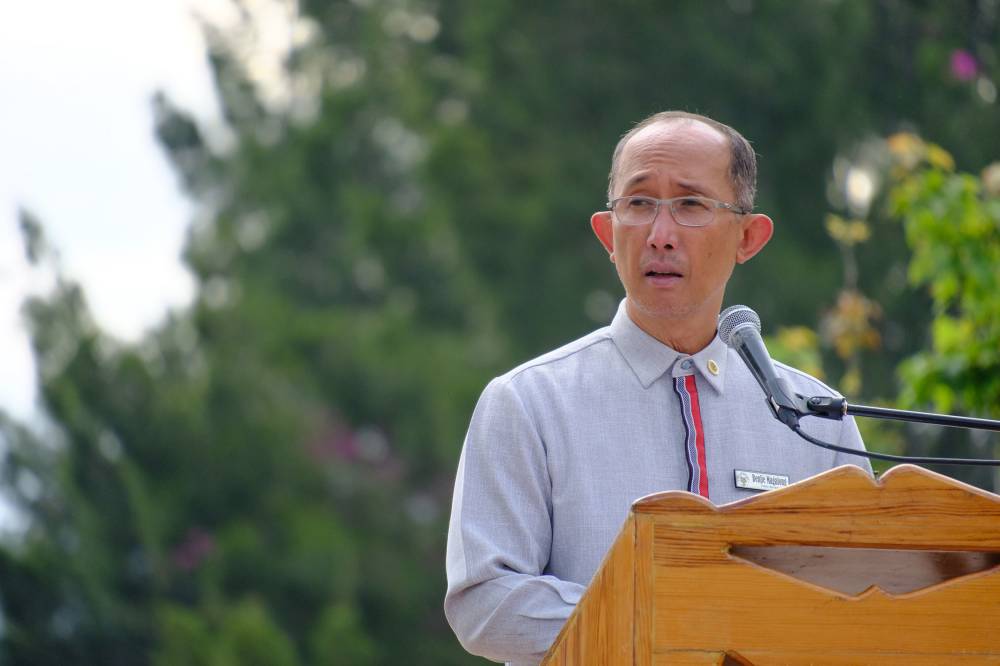Mayors now know why LGUs getting lower tax share

BAGUIO CITY—The country’s mayors were correct: Local government units (LGUs) have not been getting the full 40-percent share from all national government revenues as provided by law, Mayor Benjamin Magalong said on Monday.
The reason is that cuts were made in past budget laws to accommodate special allotments for important national obligations, such as the block grant for the Bangsamoro Autonomous Region in Muslim Mindanao (BARMM) and the tobacco excise taxes that go to a special purpose fund, Magalong said.
The BARMM, for instance, is entitled to 5 percent of national internal revenue and customs collections. In this year’s national budget, this amounts to P83.421 billion.
Also excluded from the National Tax Allotment (NTA) computations are the profits generated by the Cagayan Economic Zone Authority and revenues generated by the TRAIN law (the Tax Reform for Acceleration and Inclusion Act, or Republic Act No. 10963), Magalong said, based on a Jan. 15 dialogue between Finance Secretary Ralph Recto, the city and municipal leagues of mayors, and the anticorruption movement Mayors for Good Governance.
All these reduced the NTA of local governments to 32 percent (not 31 percent as initially suspected).
Citing the explanation of Recto, Magalong said these deductions were allowed by the Supreme Court in its 2018 ruling, or the Mandanas-Garcia doctrine that expanded the “just share” of 82 provinces, 1,493 municipalities, 149 cities and 42,045 barangays from the original internal revenue collections to all national government earnings such as customs duties, mining taxes and environmental charges.
Lesson learned
The high court decision acknowledged that numerous revenue sources had to be excluded from the NTA because these were intended for specific purposes, such as proceeds from the conversion of former American military bases and franchise taxes paid by the Manila Jockey Club Inc. and the Philippine Racing Club.
The high tribunal resolved the petitions filed in 2013 by local officials led by Batangas Gov. Hermilando Mandanas and former Bataan Gov. Enrique Garcia, who challenged the government’s assertion that the “just share” to which local governments were entitled referred only to income tax collections.
But Recto also told the mayors that some obligations guaranteed by special laws were about to expire, such as the “sin” taxes that have been absorbed by the Universal Health Care Act (Republic Act No. 11223), Magalong said.
Local governments expect their NTA to increase to 35 percent in 2026 because of an expected P80 billion in unappropriated funds next year, the mayor noted.
The lesson learned here, Magalong said, was that all future measures in Congress that require funding would need to be scrutinized by local governments in order to understand how new laws would affect their NTA shares.
“We need to be involved,” he added.
Magalong initiated the meeting with Recto after mayors felt they were being shortchanged in the computation of the NTA.
During their meeting, the Baguio mayor said he apologized to Recto for using the term “shortchanged.”

















